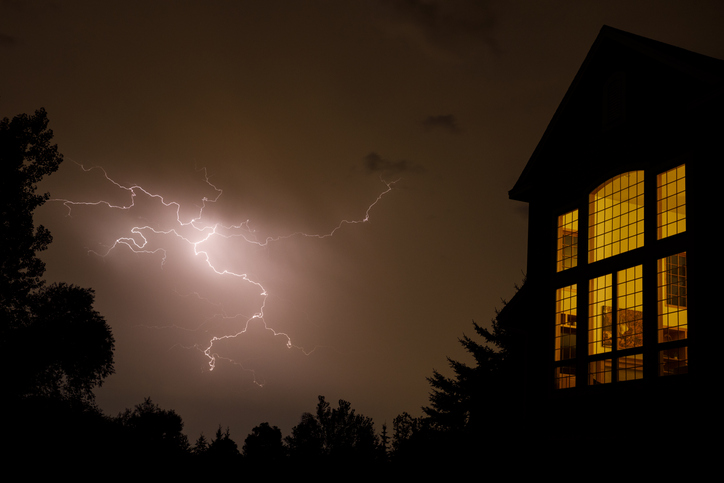The #1 Thing That Destroys a Home’s Value Over Time

The #1 Thing That Destroys a Home’s Value Over Time
December 20, 2017
Regular exercise and home maintenance are vital for the same reason: a little effort today prevents a lot of pain tomorrow. Taking care of your home is not only an investment in your house—it’s an investment into your family’s financial stability. Real estate expert Mark Strickland reports that homes that are neglected or out-of-shape for their age lose up to 10% of their appraised value.
For most residents in Connecticut, that’s a loss of $24,000 or more.
So, what’s the single greatest threat to your home’s long-term health?
Moisture.
Water damage is one of the most costly threats your home faces, but thankfully, the signs of moisture damage appear early—as long as you stay vigilant.
The 5 Questions You Need to Inspect Your Home for Moisture
Once a season (or frequently during heavy rains), do a cursory inspection of your home for moisture damage. It should only take you about 30 minutes to answer all 5 questions—and once they’re answered, you should have a pretty good idea of the shape of your home.
- Are your gutters clogged or overflowing?
- Is water flowing toward or into your home?
- Do your basement walls have dark stains on them?
- Does your window caulking have cracks or gaps?
- Are the back of your cupboards showing signs of mold growth?
Homes are (ideally) designed to let water flow away from your home. When they don’t, it leaves your home open to damage. Clogged gutters, dark stains on your basement walls, and cracks in the caulking are all risk factors (or symptoms) of moisture getting into your home. Don’t let it happen.
Don’t procrastinate if you see any issues from the 5 questions above—call a handyman or roof repair service immediately to take care of it.
Do Seasonal Checks of Your Water Appliances
Every time daylight savings rolls around, set aside a day to check all appliances that use water, especially your:
- Washer
- Refrigerator
- Water heater
- HVAC system
As long as you’re staying on top of your home’s upkeep (and keeping moisture out), you’ll be able to maintain your home’s value—and maybe even increase your asking price if you sell.
Recent News

Summer Project Inspiration: Upgrading Your Home’s Exterior
June 27, 2025
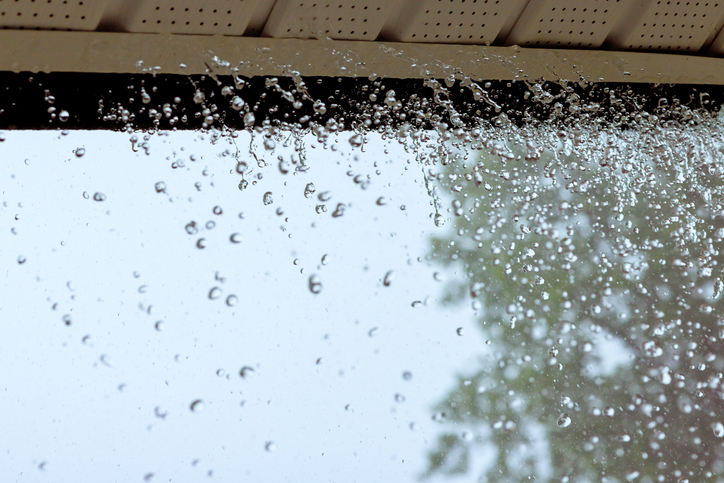
Top 3 Causes of Overflowing Gutters
June 19, 2025
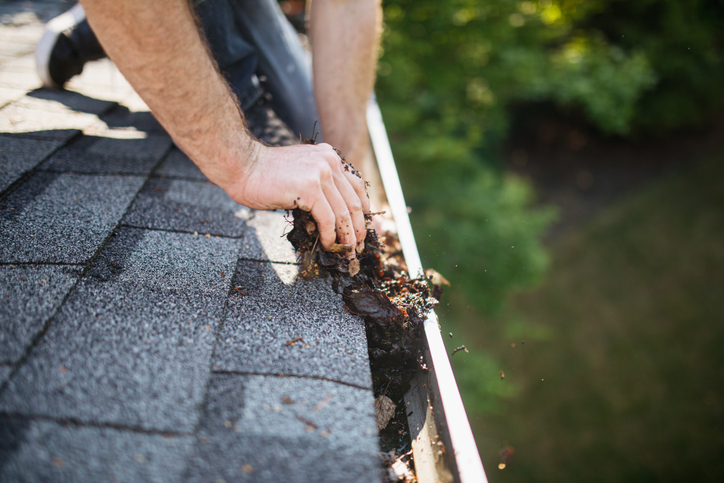
Spring Roof Cleaning Tips to Prepare Your Home for Summer
June 13, 2025
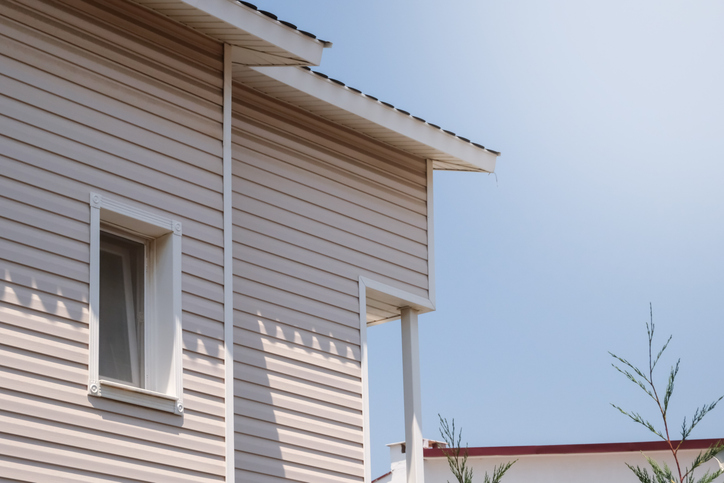
How to Protect Your Siding During Storms
June 9, 2025
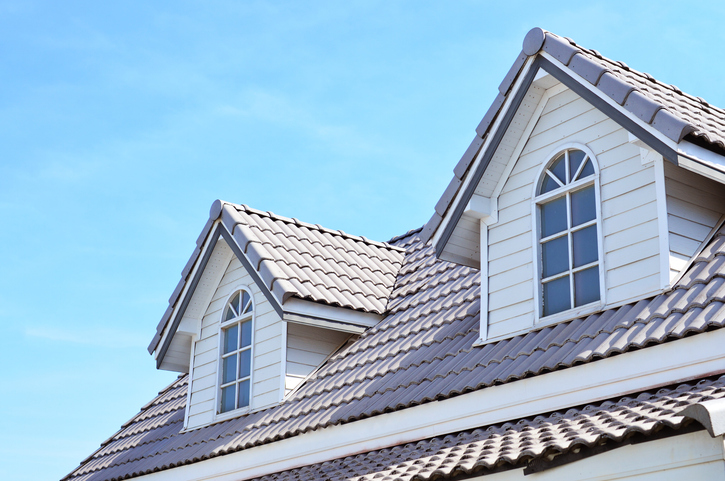
5 Common Roofing Mistakes Homeowners Make in Spring
June 5, 2025
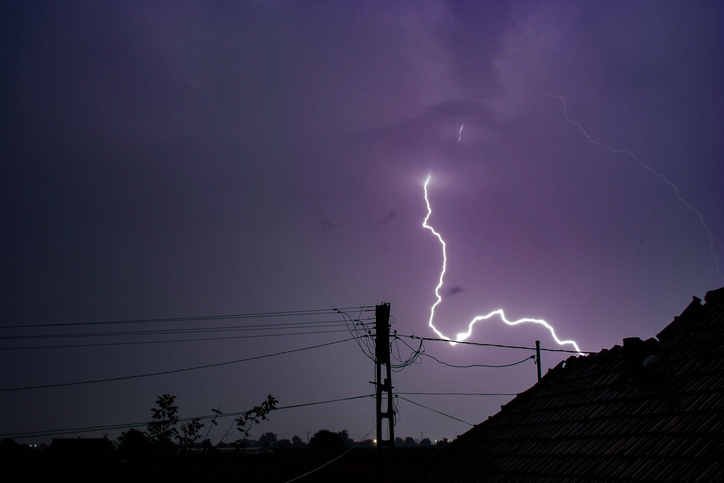
Storm-Proofing Your Home: Expert Tips for Resilient Roofing and Siding
May 28, 2025
